Back and spinal problems are a significant health issue for several dog breeds, often due to genetic predispositions, body structure, or the demands placed upon them through breeding history. These issues can range from mild discomfort to severe mobility problems, affecting a dog’s quality of life. Breeds with long torsos, short legs, or those bred for physically demanding tasks are particularly susceptible. Understanding which breeds are at risk can help prospective pet owners prepare for the special care these dogs might require, including potential veterinary treatments, possible surgeries, or preventive measures such as diet and exercise regimens. This article will explore eight dog breeds most prone to developing back or spinal problems, discussing the specifics of their vulnerabilities and providing insights into how best to support the health and well-being of these breeds.
1. Dachshund
Dachshunds, also known as wiener dogs, are perhaps the most well-known breed for spinal issues, particularly intervertebral disc disease (IVDD). This condition is prevalent due to their long spine and short rib cage, which puts excessive pressure on the vertebral discs. Symptoms can range from mild pain to severe paralysis. Regular monitoring for signs of back pain, managing their weight to avoid extra stress on the spine, and avoiding activities that involve jumping or strenuous climbing are crucial in caring for a Dachshund’s spinal health.
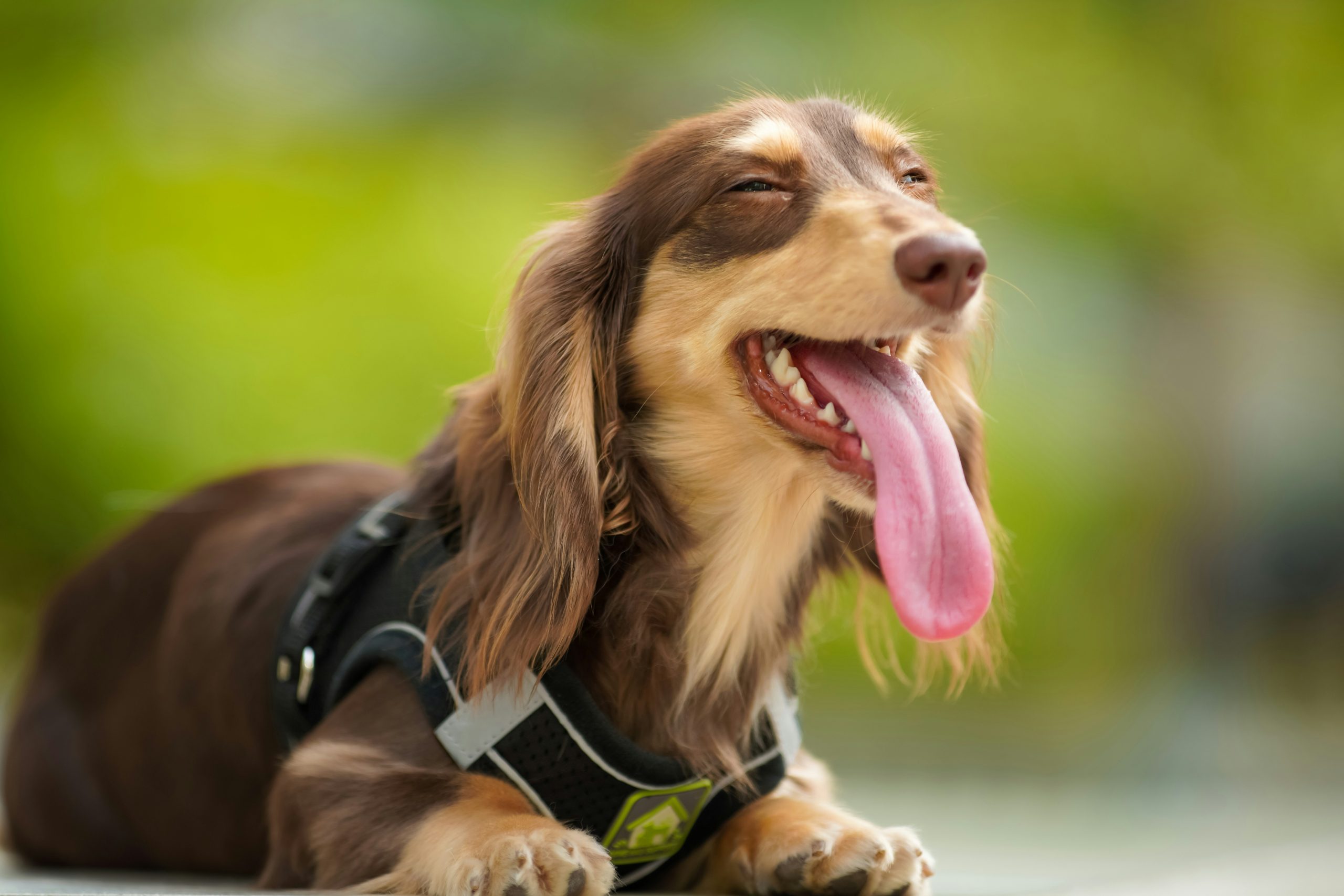
2. Basset Hound
Basset Hounds are another breed susceptible to back problems due to their distinctive body structure, characterized by a long, heavy body and short legs. These physical traits can lead to added stress on their spine, making them prone to conditions like IVDD. The breed’s laid-back nature can also contribute to obesity, which further exacerbates spinal stress. It’s important for owners to maintain a healthy weight for their Basset Hounds and to provide moderate, regular exercise to strengthen back muscles.
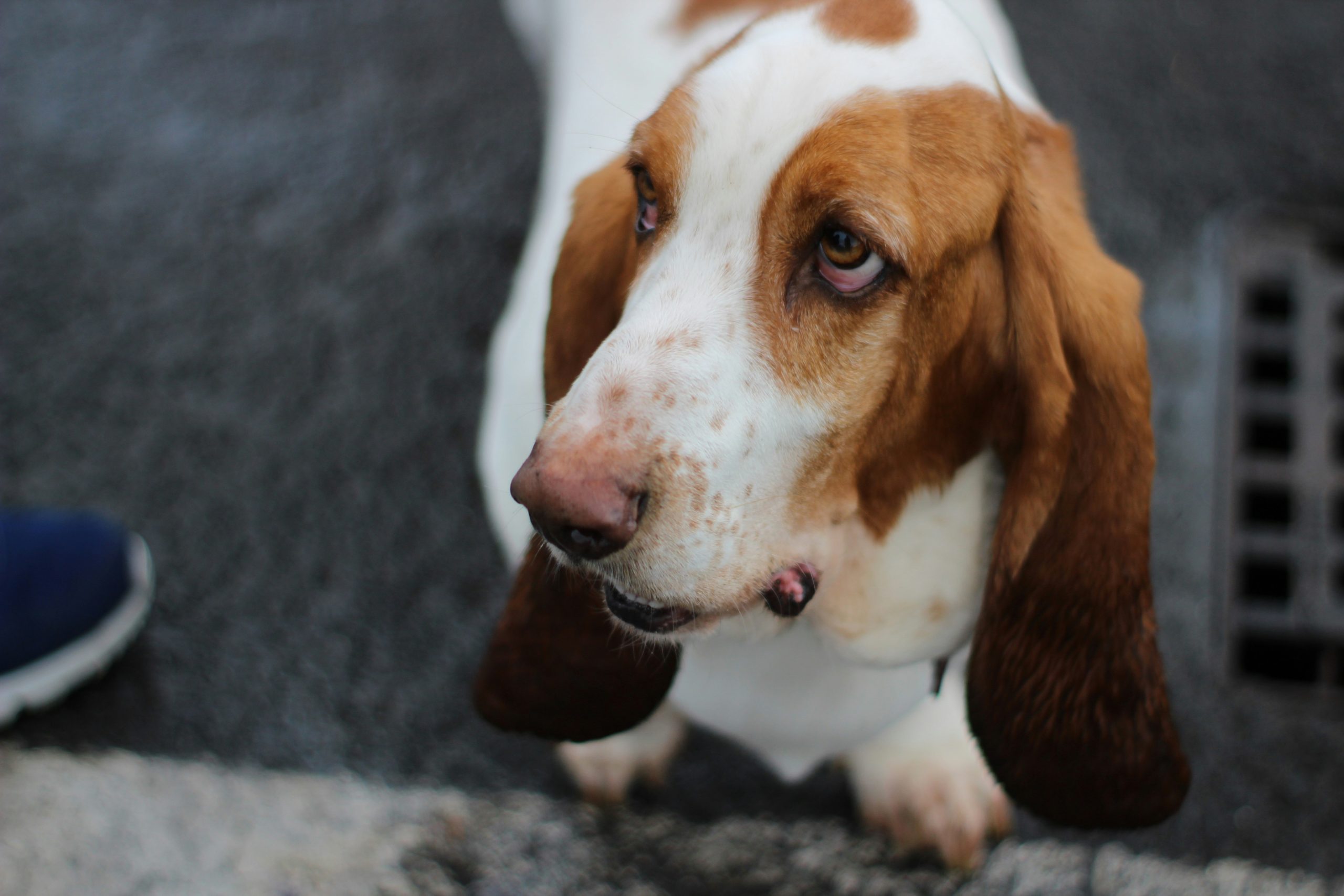
3. Shih Tzu
Shih Tzus are susceptible to spinal issues due to their short stature and long back. They can develop problems such as slipped discs or other conditions that impact the vertebrae. Careful handling is necessary to avoid injuring their spine, and regular veterinary check-ups can help catch any emerging issues early. Owners should ensure that Shih Tzus have soft places to rest and avoid allowing them to jump from heights, which can cause shock and injury to the spine.
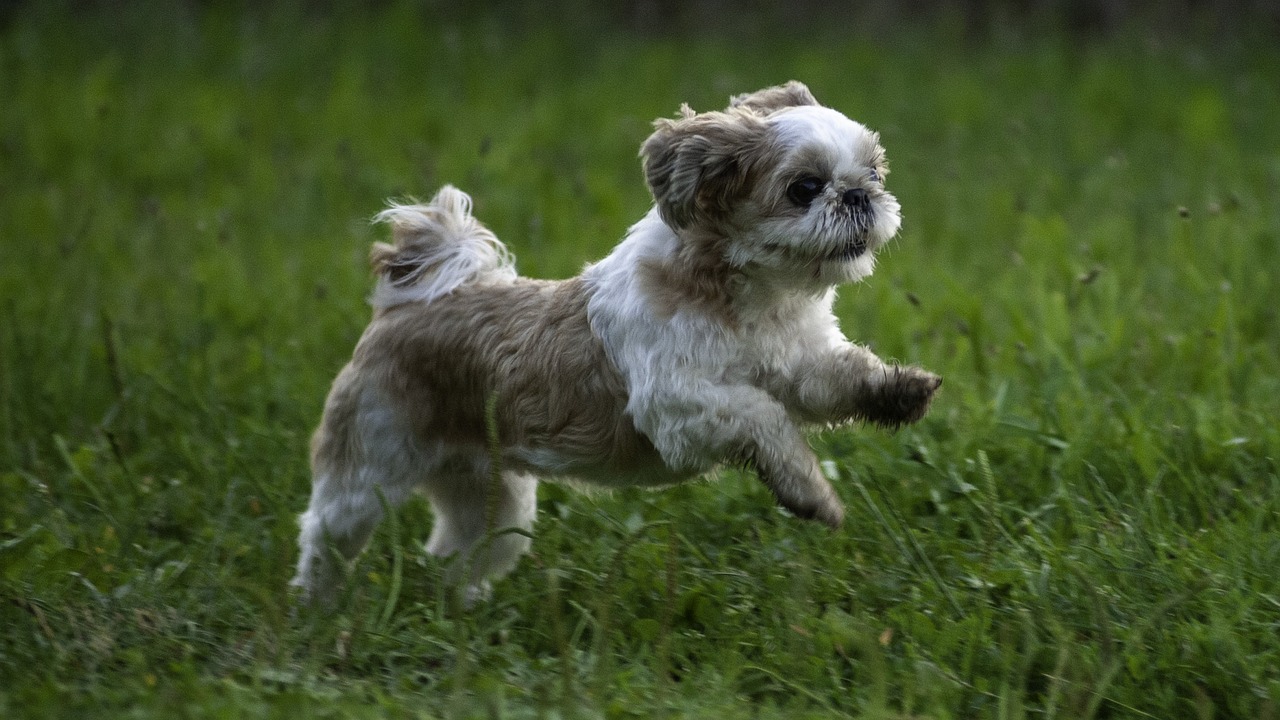
4. French Bulldog
French Bulldogs, with their compact build and stout frame, are prone to a variety of spinal issues, including herniated discs. These problems are often compounded by the breed’s tendency to lead a less active lifestyle, which can contribute to weight gain and increased spinal strain. Regular, gentle exercise is recommended to help keep French Bulldogs in good shape, reducing the load on their spine and improving overall health.
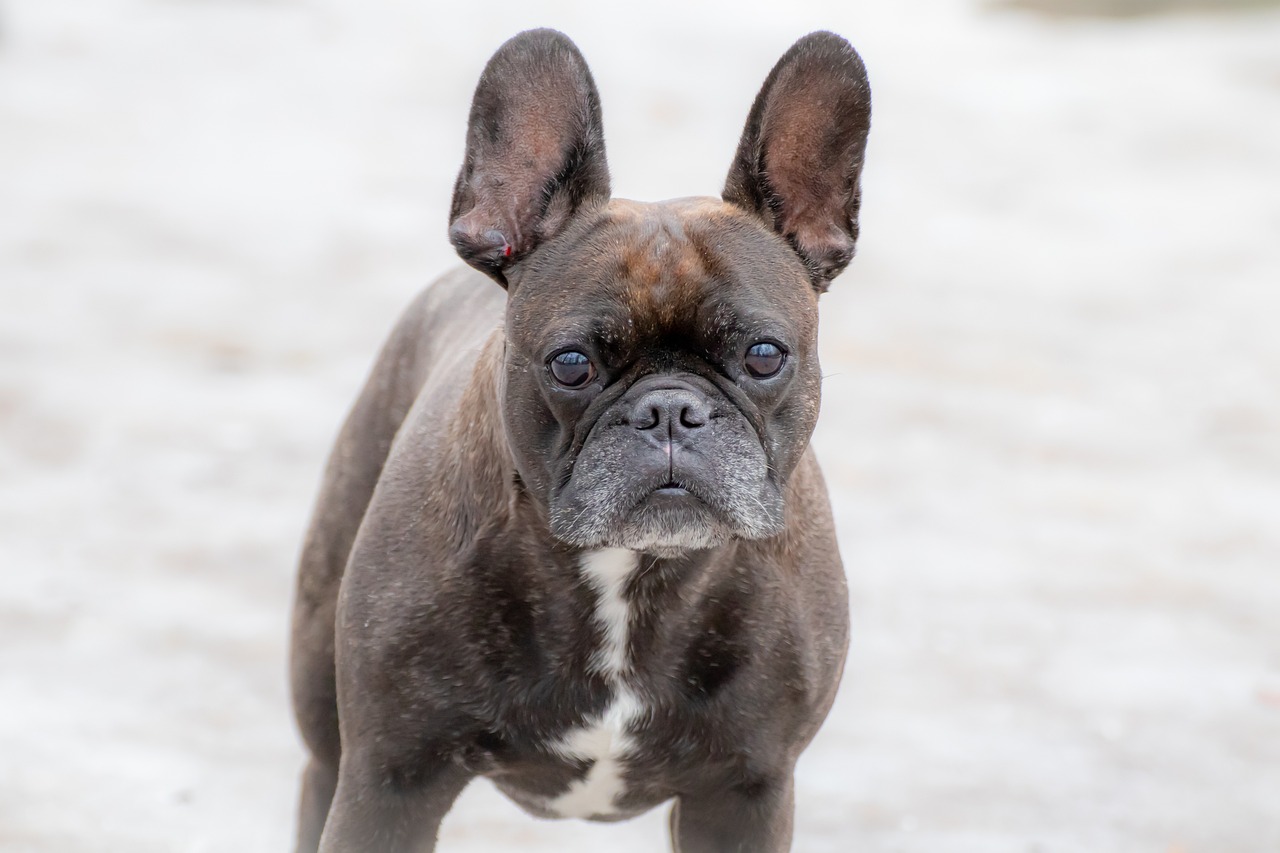
5. Beagle
Beagles are active and energetic, but their enthusiasm can sometimes lead to spinal injuries, particularly in the form of herniated discs. While not as structurally prone to spinal issues as some other breeds, their high activity level can sometimes put them at risk. Owners should monitor their Beagle’s activities to prevent high-impact strains, and maintain them in healthy condition to support spinal health.
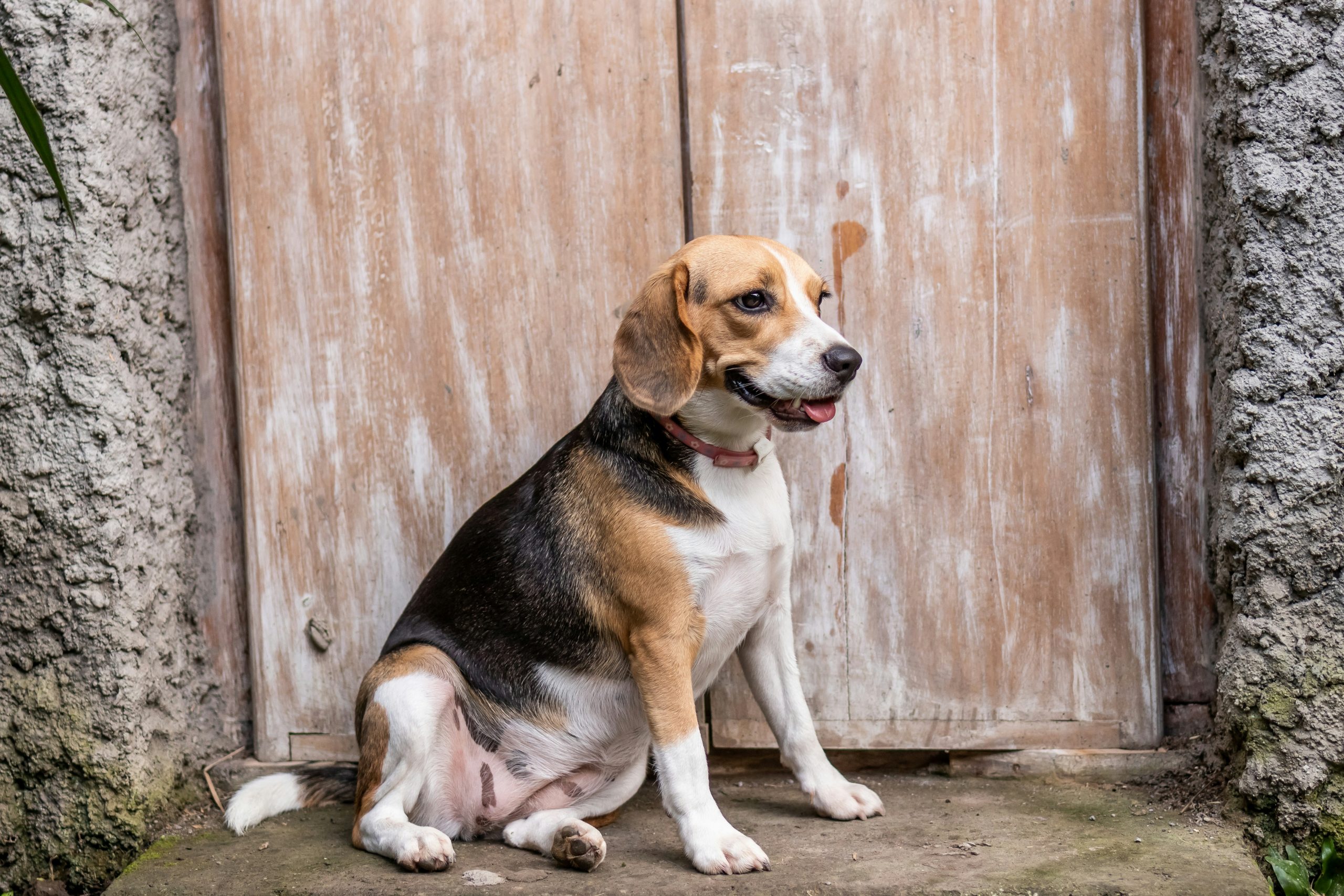
6. Corgi (Both Pembroke and Cardigan)
Corgis, both Pembroke and Cardigan, are known for their charming short legs and elongated body, which unfortunately puts them at risk for spinal problems, including IVDD. Their physique leads to greater stress on the spine and a higher propensity for disc herniation. Keeping Corgis at a healthy weight, providing orthopedic bedding, and avoiding activities that involve jumping or intense twisting are preventive measures that can help protect their spine.

7. Bulldog
Bulldogs have a compact, heavy body that puts significant strain on their spine, making them prone to various back issues. Their physical structure, including a broad shoulder and narrow hips, can lead to uneven distribution of weight, further stressing their spinal health. It is crucial for Bulldog owners to monitor their pets for any signs of discomfort and to engage them in regular, mild exercise to keep their muscles strong and supportive of the spinal structure.
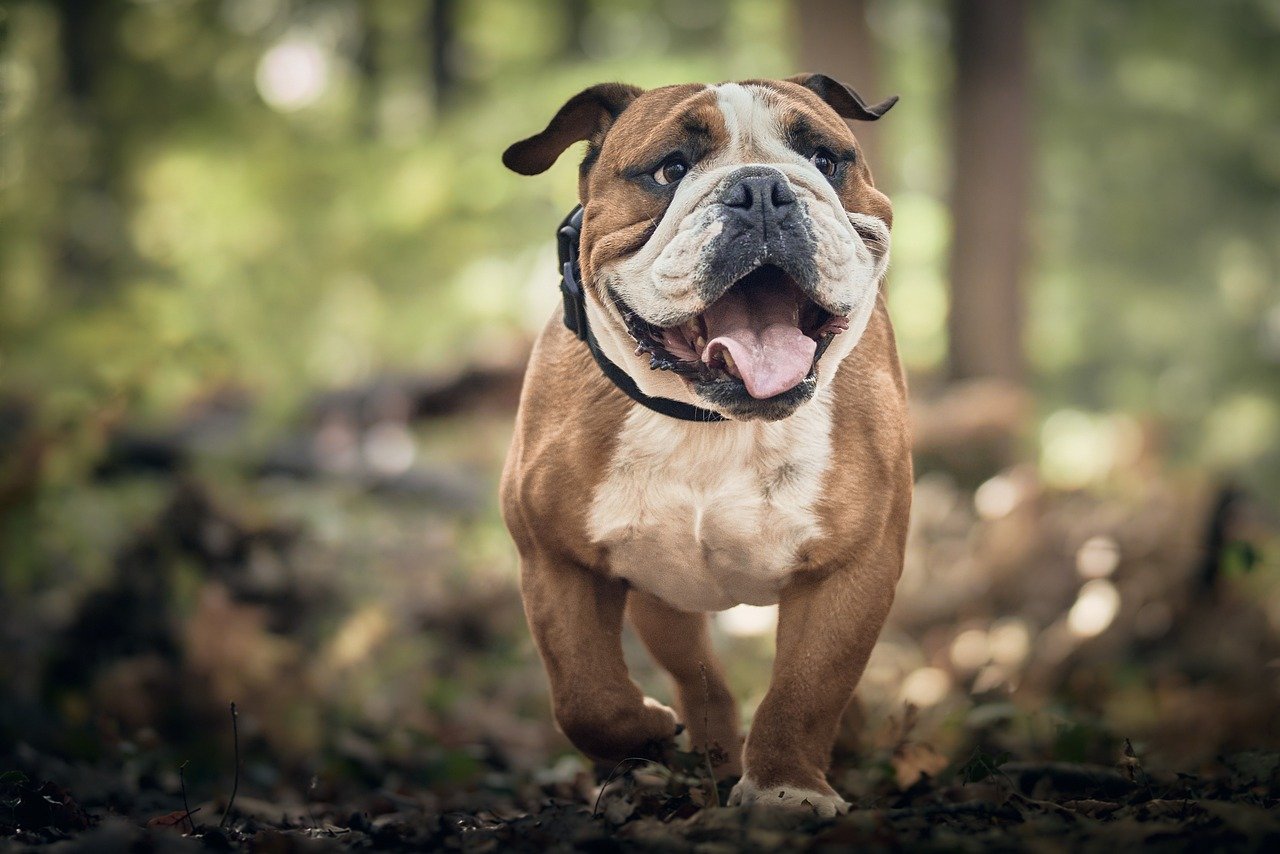
8. German Shepherd
German Shepherds are susceptible to degenerative disc disease and other spinal conditions partly due to their size and active nature. They are often employed in roles that involve rigorous physical activity, which can wear on their spine over time. Preventive measures include maintaining a healthy weight, regular veterinary check-ups, and providing a diet that supports joint and bone health.
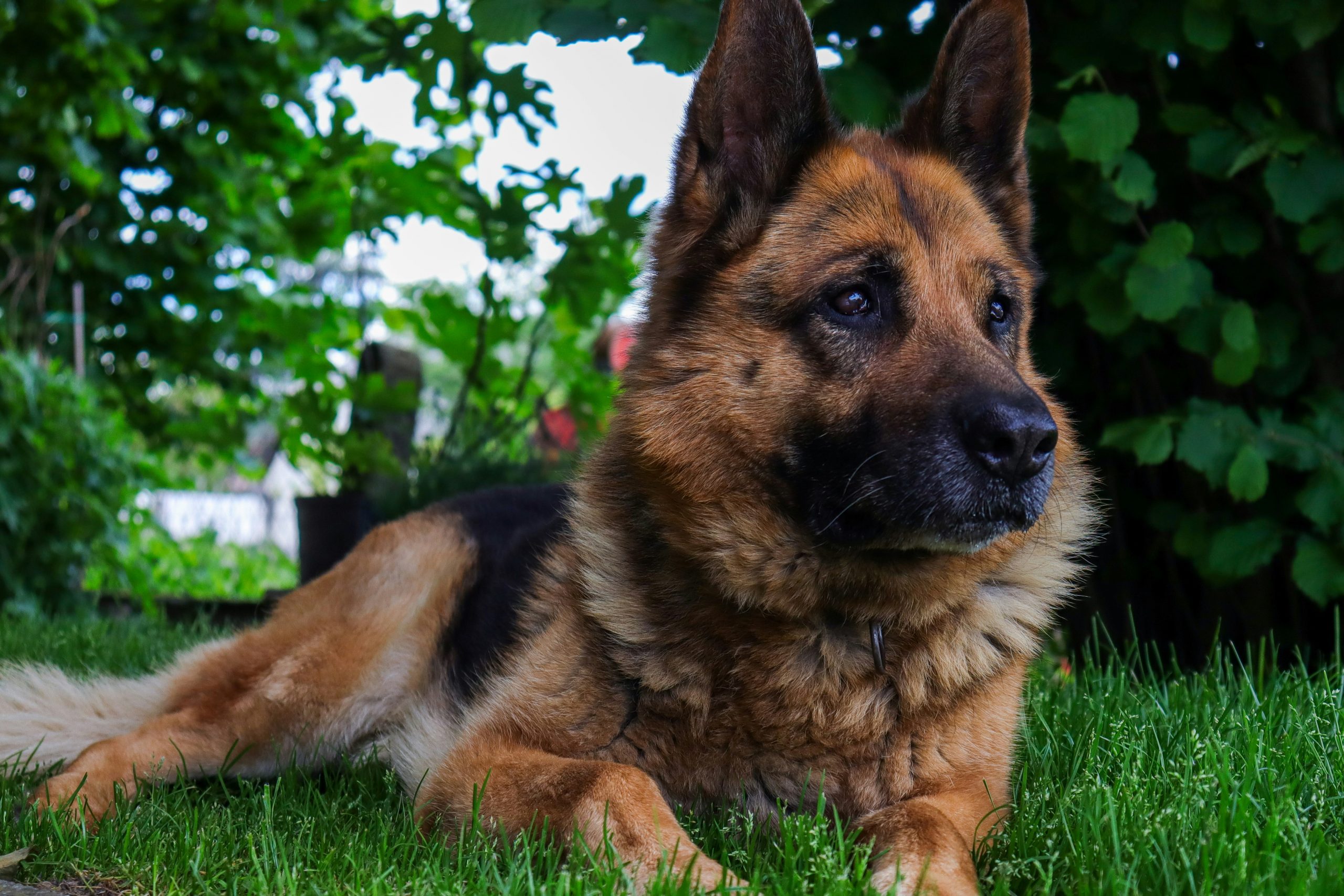
While these eight breeds are particularly prone to back or spinal problems, attentive care from owners can significantly mitigate risks and enhance the dogs’ quality of life. Regular veterinary visits, appropriate exercise, and weight management are critical components of maintaining spinal health. By understanding the specific needs of these breeds, owners can ensure their dogs live comfortable and happy lives despite their predispositions.
 Toledo, United States.
Toledo, United States.